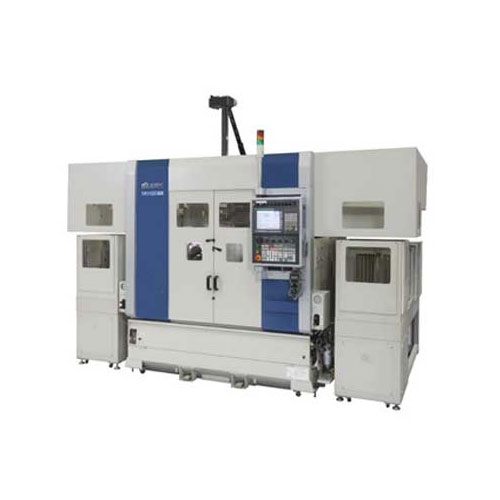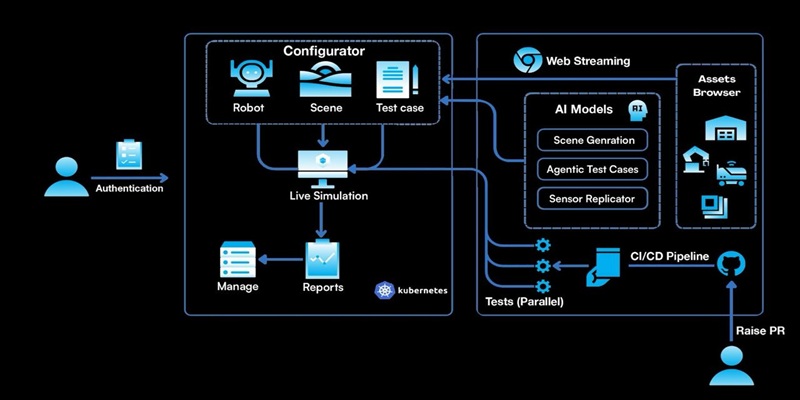Schedule a Call Back
MSMEs: Backbone or Bottleneck?
 Articles
Articles- Jul 03,25

Related Stories

Texas Instruments Opens New Semiconductor R&D Centre in Bengaluru
Texas Instruments has inaugurated a 550,000-sq-ft R&D centre in Bengaluru, marking 40 years in India and reinforcing its commitment to semiconductor design and innovation.
Read more
Tech-Enabled Intra-City Logistics Boost MSME Efficiency
A C-DEP–IIT Delhi study shows how technology-enabled intra-city logistics is cutting costs, improving delivery reliability and expanding market reach for MSMEs, while flagging key GST and pol..
Read more
India to sustain 6.6% growth by FY2027 as new engines drive productivity: D&B
Dun & Bradstreet’s India 2026 report projects macroeconomic stability and transformative growth, driven by digitalisation, clean energy, advanced manufacturing and emerging consumption sectors.
Read moreRelated Products

Compact Fmc - Motorum 3048tg With Fs2512
Meiban Engineering Technologies Pvt Ltd offers a wide range of Compact FMC - Motorum 3048TG with FS2512.

Digital Colony Counter
Rising Sun Enterprises supplies digital colony counter.
Robotic Welding SPM
Primo Automation Systems Pvt. Ltd. manufactures, supplies and exports robotic welding SPM.














